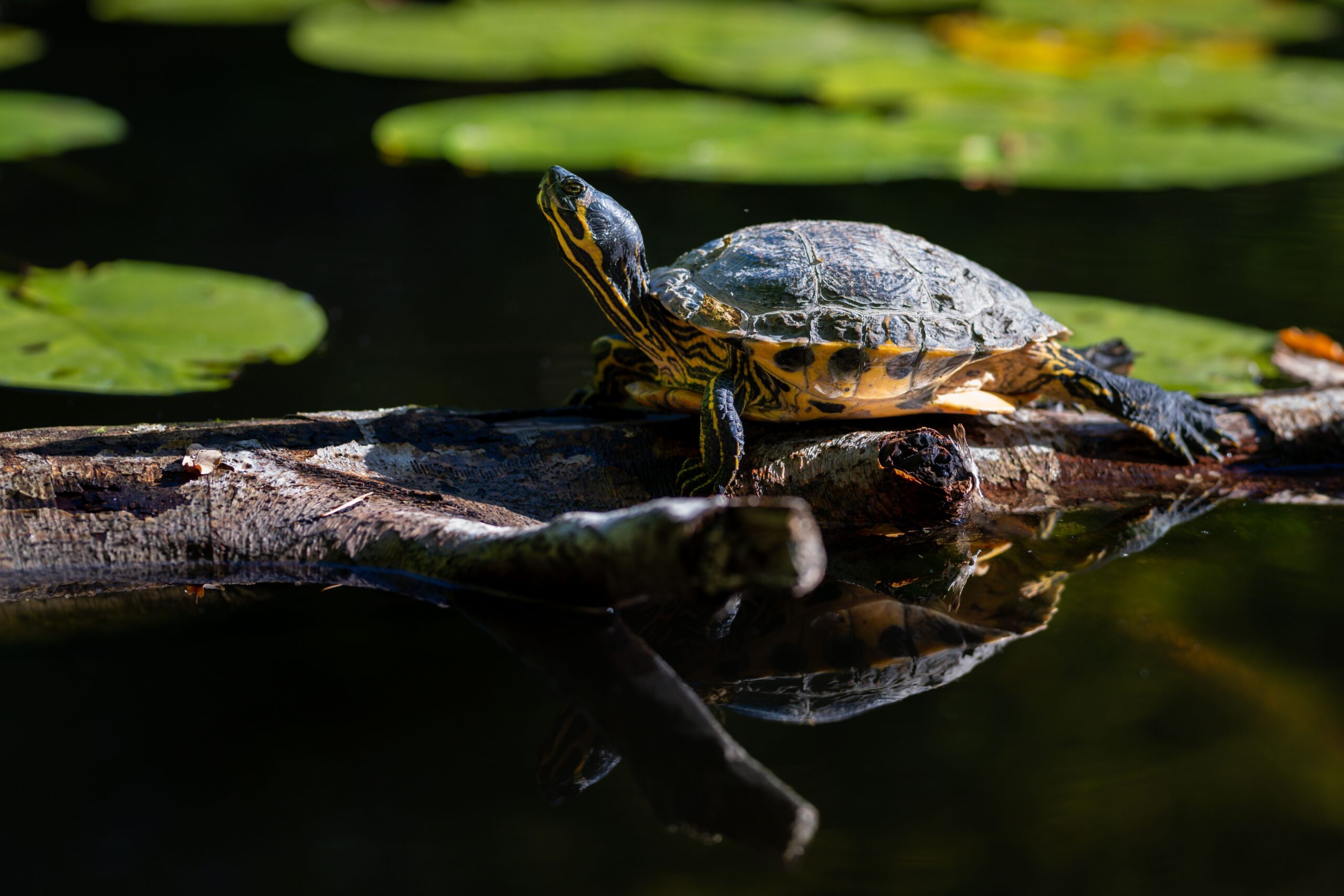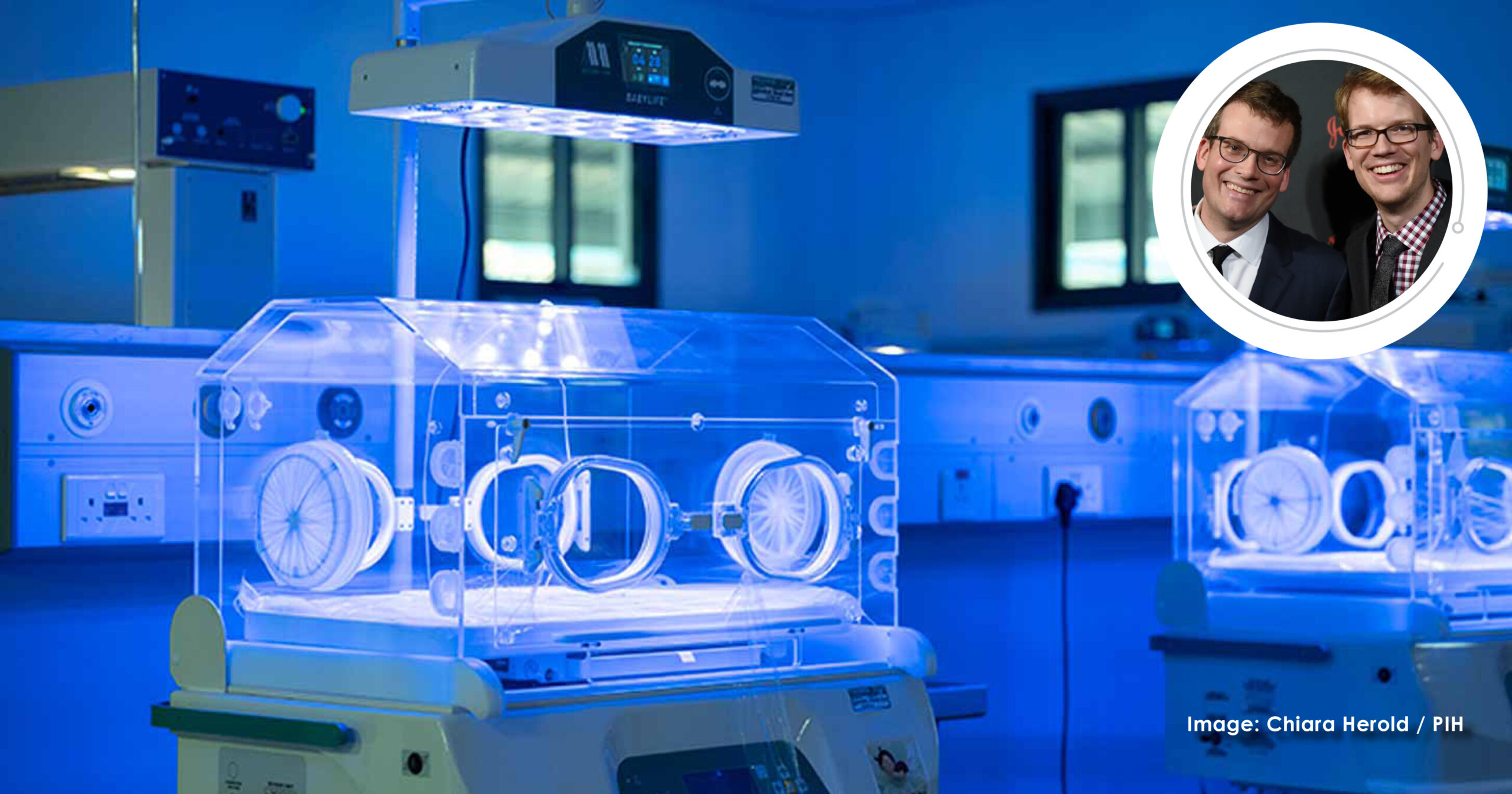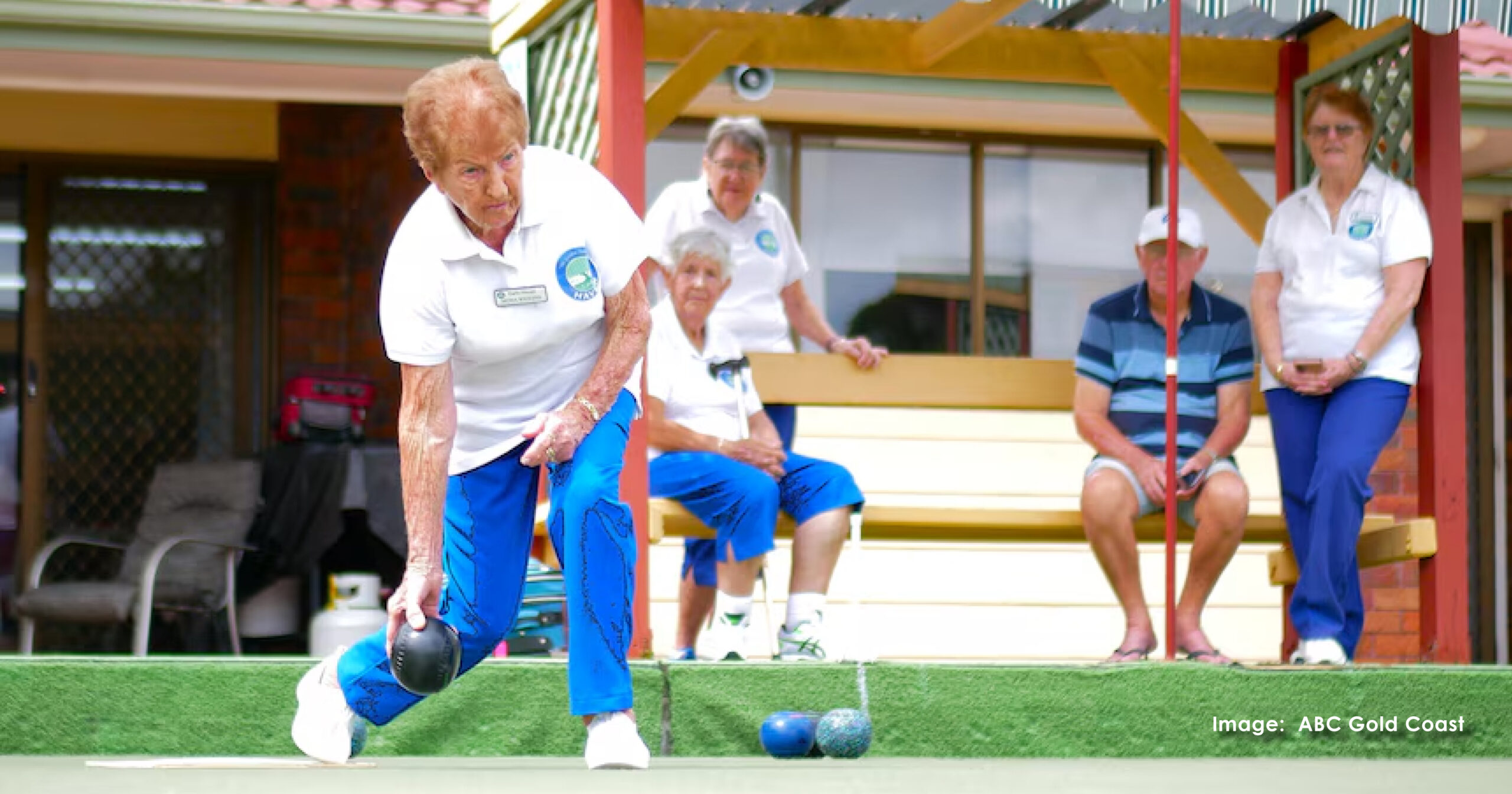Welcome to the Good News Roundup for May 26, 2025
Native Turtles Return to Yosemite After Bullfrog Removal
A new study out of the US has found removing an invasive bullfrog in Yosemite National Park has helped encourage the return of native pond turtles to the area.
The seven-year study looked at the impact of removing the bullfrog on native turtle populations, noting a return of younger, juvenile turtles once the bullfrogs were removed.
Scientists say that while eradicating bullfrogs may not work at every site, it could potentially assist in priority conservation areas.
Read more here.
Sesame Street Lives On
In news that will likely trigger nostalgia among many, Netflix has signed a deal for new episodes of Sesame Street, ensuring the much loved and educational show will continue for season 56 and beyond.
The deal was reached after Warner Bros Discovery opted not to renew its deal with Sesame Workshop, with the new agreement seeing the program streamed across Netflix but also made available via free to air TV in the US and on the PBS Kids app.
You can read more about the deal int this article on Hollywood Reporter.
Canadian Woman Wins Epic 100km Race, Six Months After Having a Baby
42-year-old Canadian woman Stephanie Case has won Britain’s biggest ultramarathon, completing the 100km race just six months after giving birth to her daughter, who she also breastfed at each aid station along the route.
Even more incredible was the fact that Stephanie won the race despite starting 30mins behind the ‘elite’ field – after losing her trail-running ranking while not racing for three years as she focused on her fertility journey.
Post-race, Stephanie also offered some words of encouragement to other mums, which you can read here.
Slovakian Teen Wins $100k After Developing New Way to Produce an Antiviral Drug
It’s the kind of innovation that could potentially offer hope for the future – a 19 year old man has won $100,000 at an international science competition, after developing a cheaper and faster way to develop an experimental antiviral drug – using corn waste.
The Slovakian teen was able to significantly reduce the cost of developing the drug – from $75 per gram to less than $13 – and was able to do so in 10 steps instead of the current 15.
While the drug he was able to develop has not yet undergone clinical trials, it’s hoped that by dramatically reducing the cost of producing it, it will encourage further research.
Read more here.



